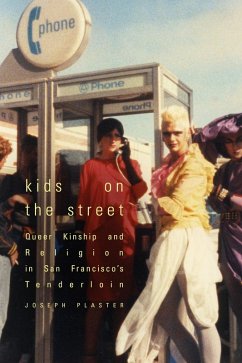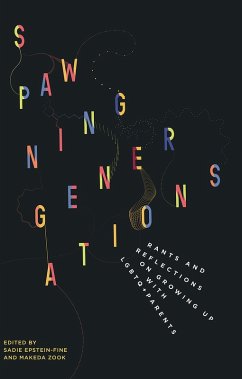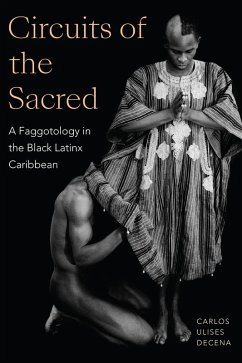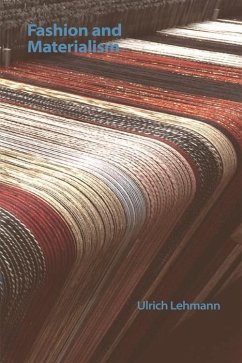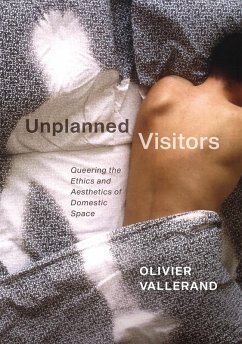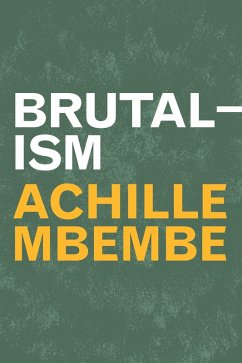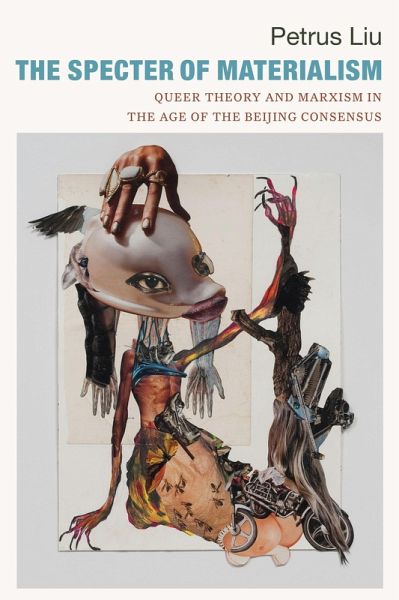
Specter of Materialism (eBook, PDF)
Queer Theory and Marxism in the Age of the Beijing Consensus

PAYBACK Punkte
11 °P sammeln!
In recent years, queer theory appears to have made a materialist turn away from questions of representation and performativity to those of dispossession, precarity, and the differential distribution of life chances. Despite this shift, queer theory finds itself constantly reabsorbed into the liberal project of diversity management. This theoretical and political weakness, Petrus Liu argues, stems from an incomplete understanding of capitalism's contemporary transformations, of which China has been at the center. In The Specter of Materialism Liu challenges key premises of classic queer theory ...
In recent years, queer theory appears to have made a materialist turn away from questions of representation and performativity to those of dispossession, precarity, and the differential distribution of life chances. Despite this shift, queer theory finds itself constantly reabsorbed into the liberal project of diversity management. This theoretical and political weakness, Petrus Liu argues, stems from an incomplete understanding of capitalism's contemporary transformations, of which China has been at the center. In The Specter of Materialism Liu challenges key premises of classic queer theory and Marxism, turning to an analysis of the Beijing Consensus-global capitalism's latest mutation-to develop a new theory of the political economy of sexuality. Liu explores how relations of gender and sexuality get reconfigured to meet the needs of capital in new regimes of accumulation and dispossession, demonstrating that evolving US-Asian economic relations shape the emergence of new queer identities and academic theories. In so doing, he offers a new history of collective struggles that provides a transnational framework for understanding the nexus between queerness and material life.
Dieser Download kann aus rechtlichen Gründen nur mit Rechnungsadresse in A, B, BG, CY, CZ, D, DK, EW, E, FIN, F, GR, HR, H, IRL, I, LT, L, LR, M, NL, PL, P, R, S, SLO, SK ausgeliefert werden.




